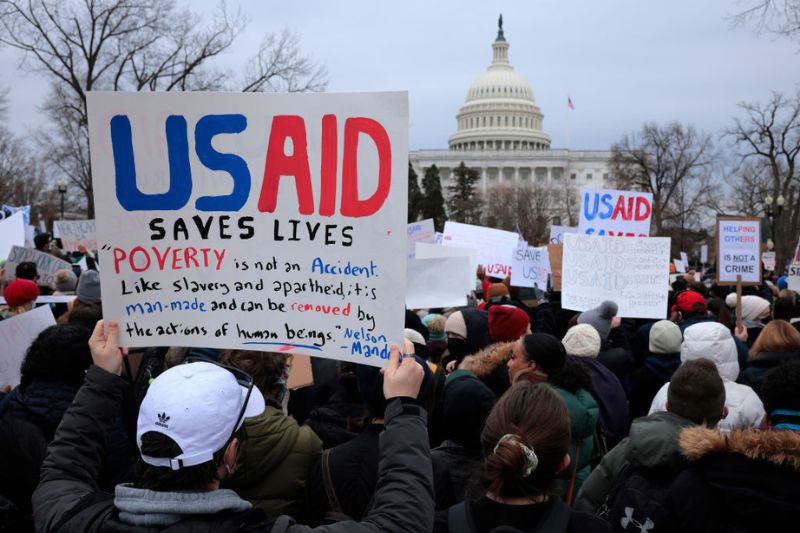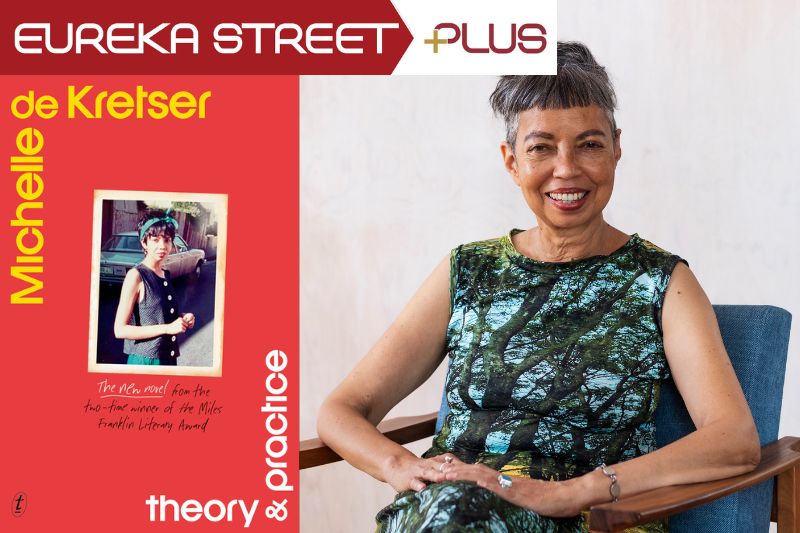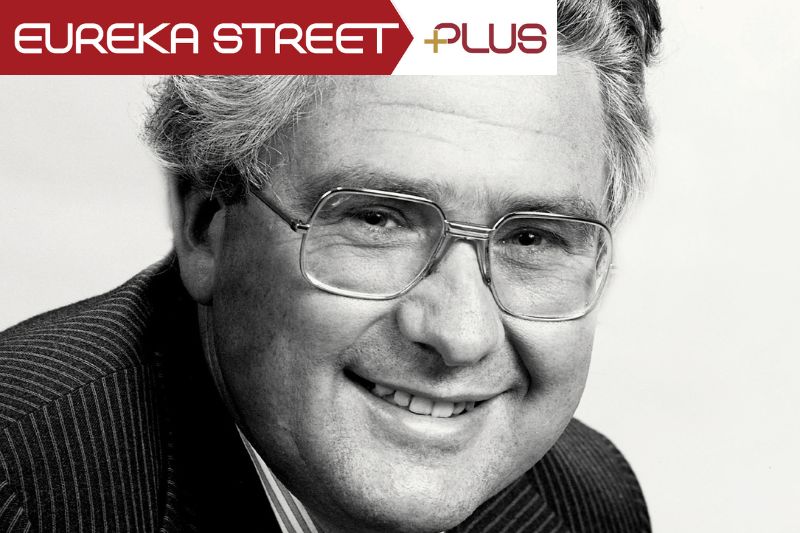Keywords: Public Intellectual
-

INTERNATIONAL
- Cameron Hill
- 26 February 2025
With cuts to USAID, international aid programs confront mounting challenges. Amid evolving power dynamics and strategic realignment, humanitarian assistance now faces fundamental questions about its future.
READ MORE
-

ECONOMICS
- David James
- 29 January 2025
A plan to raise superannuation taxes on high-value funds has stalled in the Senate, sparking a broader debate about government control over retirement savings. Rooted in a unique system that places ownership squarely with individuals, Australia’s approach has delivered impressive returns, yet political pressures threaten to reshape its future.
READ MORE
-

ARTS AND CULTURE
- Cherie Gilmour
- 06 December 2024
Russell Brand's conversion to Christianity has sparked fascination and skepticism. Dismissing his newfound faith as a cynical PR move, critics cite his controversial past. Yet, his public embrace of grace and redemption speaks to a restless spiritual hunger. Is this a genuine transformation or another reinvention of Brand’s ever-shifting persona?
READ MORE 
-

ARTS AND CULTURE
- Michael McGirr
- 15 November 2024
Michelle de Kretser's new book Theory and Practice is a creative combination of fiction and essay, and concerns the moment in which the encounter with literature, a connection with another human imagination, is replaced by something called 'Theory'.
READ MORE 
-

AUSTRALIA
- Andrew Hamilton
- 08 November 2024
1 Comment
The story of Race Mathews’ career will be an antidote to despair about politics and politicians. It underlines the possibilities of politics, showing how it can be more than a job or a career. It can be a calling to imagine a more just society and ways of building it.
READ MORE 
-

AUSTRALIA
- Andrew Hamilton
- 03 October 2024
1 Comment
In Andrew Leigh's new book, he argues that inequality matters because it threatens the sense of fairness that is central to our well-being, because inequality prevents the less well off from moving to relative affluence, weakens democracy, and erodes understanding of and commitment to the common good.
READ MORE